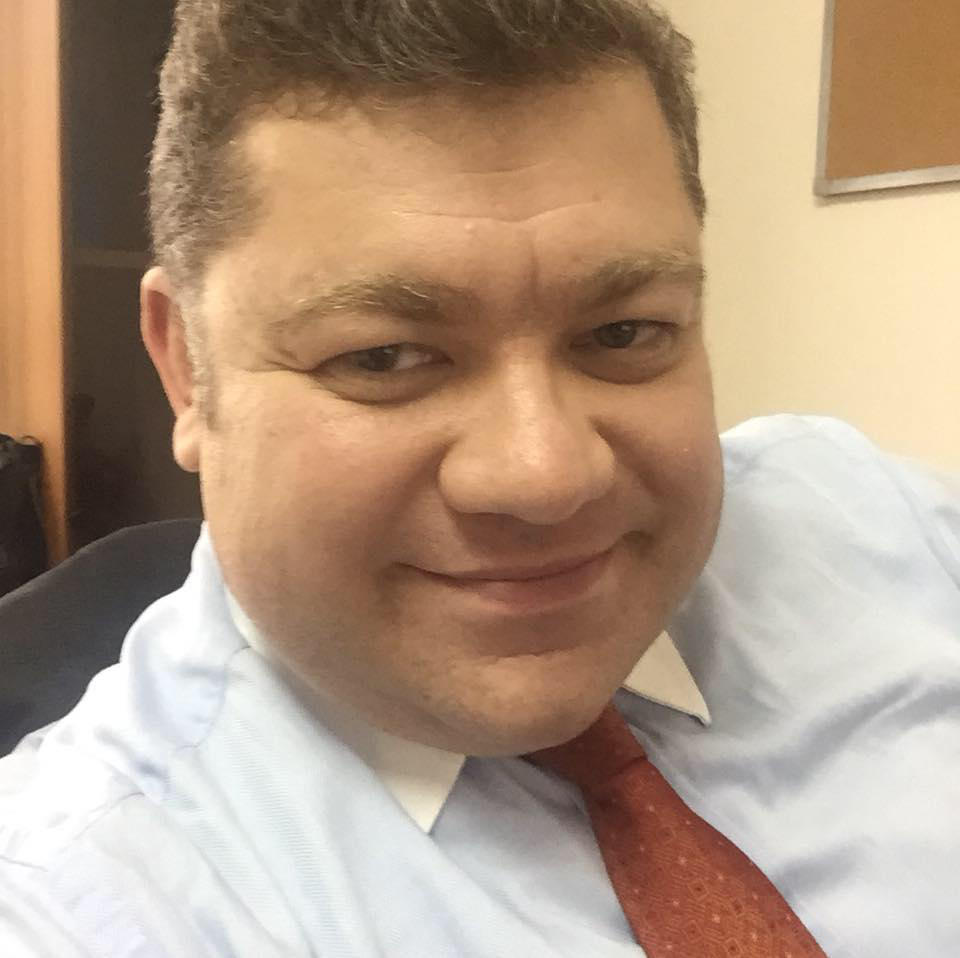PACE rapporteurs express serious concerns over appointment of 14 judges to Supreme Court of Georgia

The co-rapporteurs of the Parliamentary Assembly of the Council of Europe (PACE) for the monitoring of Georgia, Titus Corlățean (Romania, SOC) and Claude Kern (France, ALDE), released a statement on December 13, saying the decision of the Georgian Parliament to appoint 14 judges to the Supreme Court, against the recommendation of the international community, including the Assembly, can only be deplored.
“During our visit in September we expressed our serious concerns about the opaque and deficient selection process of candidates for the Supreme Court by the High Council of Justice. At that time we expressed our expectation that the parliament would rectify the shortcomings in the selection process, including by appointing only the minimum number of judges needed to ensure the proper functioning of the Supreme Court, in line with the recommendations of the Venice Commission,” said the co-rapporteurs.
“We now see that the parliament has appointed 14 out of 19 candidates, without proper reasoning and reportedly including persons who have not demonstrated during the selection process that they have the legal knowledge and independence required for such an important position. This can only be deplored.”
The co-rapporteurs emphasised that it was now important to take swift measures to ensure the required public trust in the justice system and the independence of the judiciary. “To avoid repetition of the current situation, it is important that the Venice Commission recommendations for the selection process, including the use of uniform criteria, well-reasoned decisions and the abolition of secret voting, are adopted promptly, not only for the selection of Supreme Court judges but for judicial appointments in general,” they added.
In the light of this development, the co-rapporteurs said they intended to make a regular monitoring visit to the country early next year.
